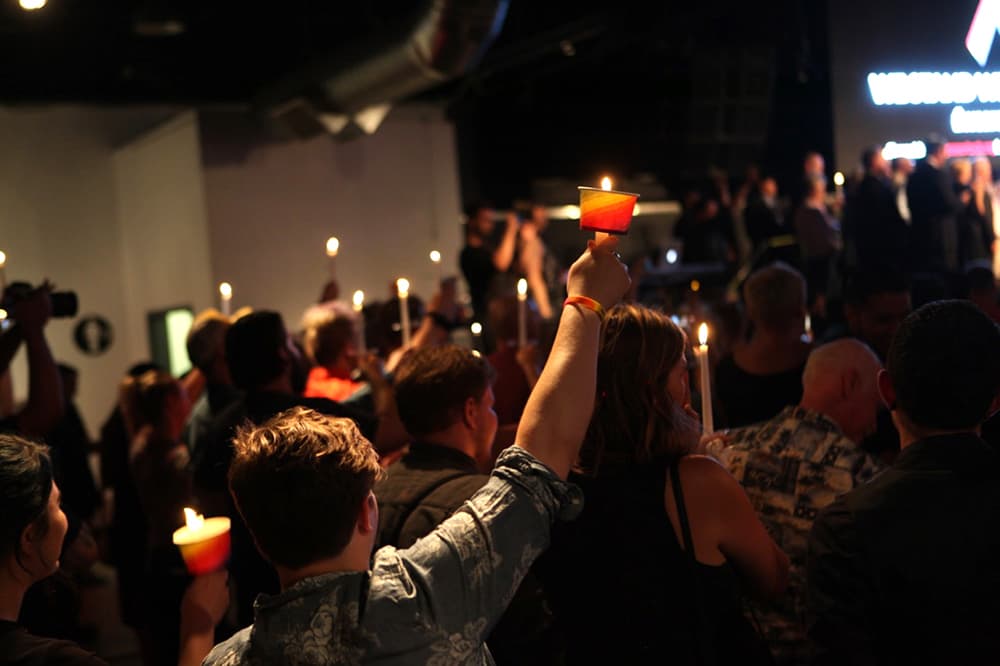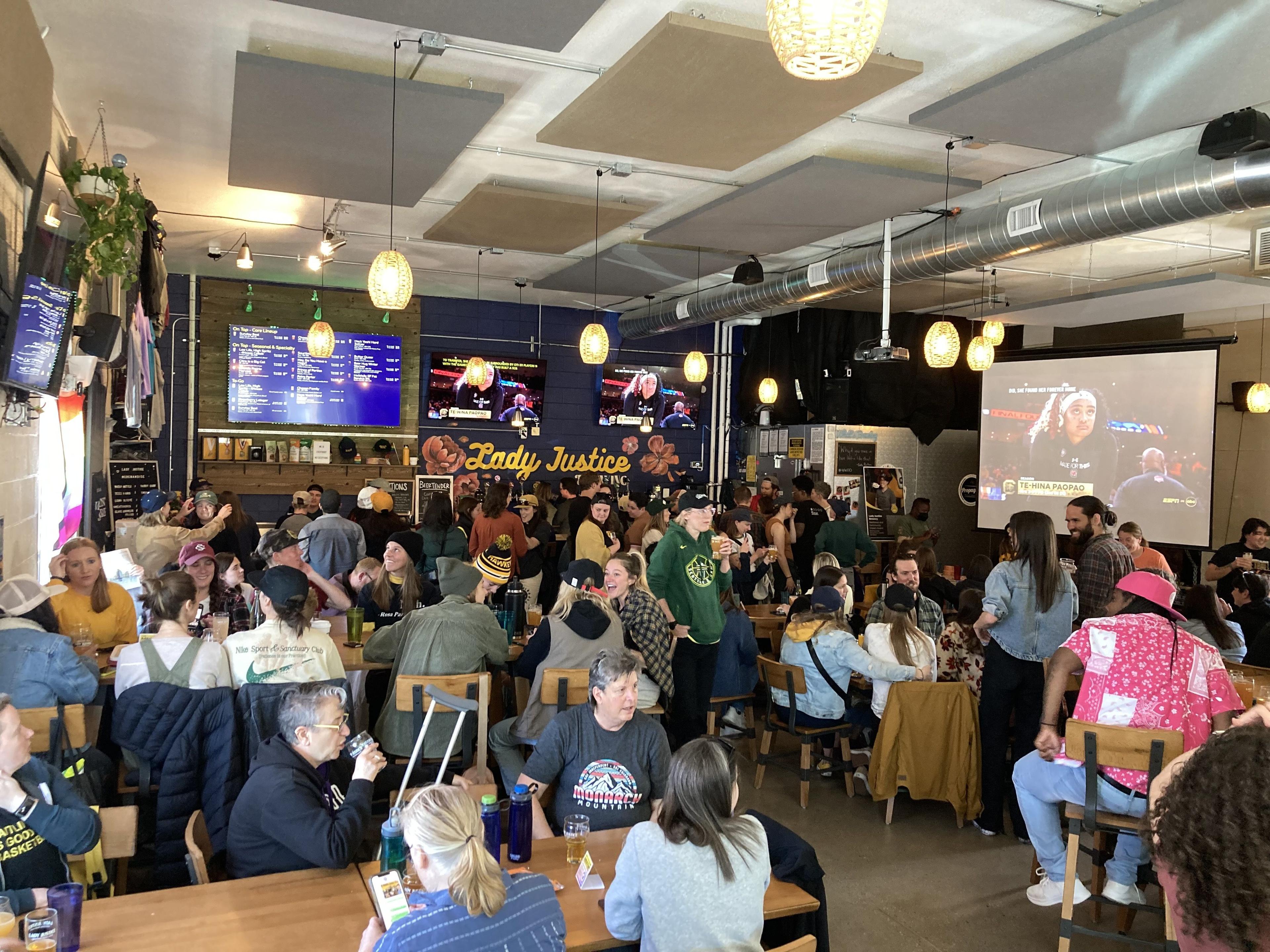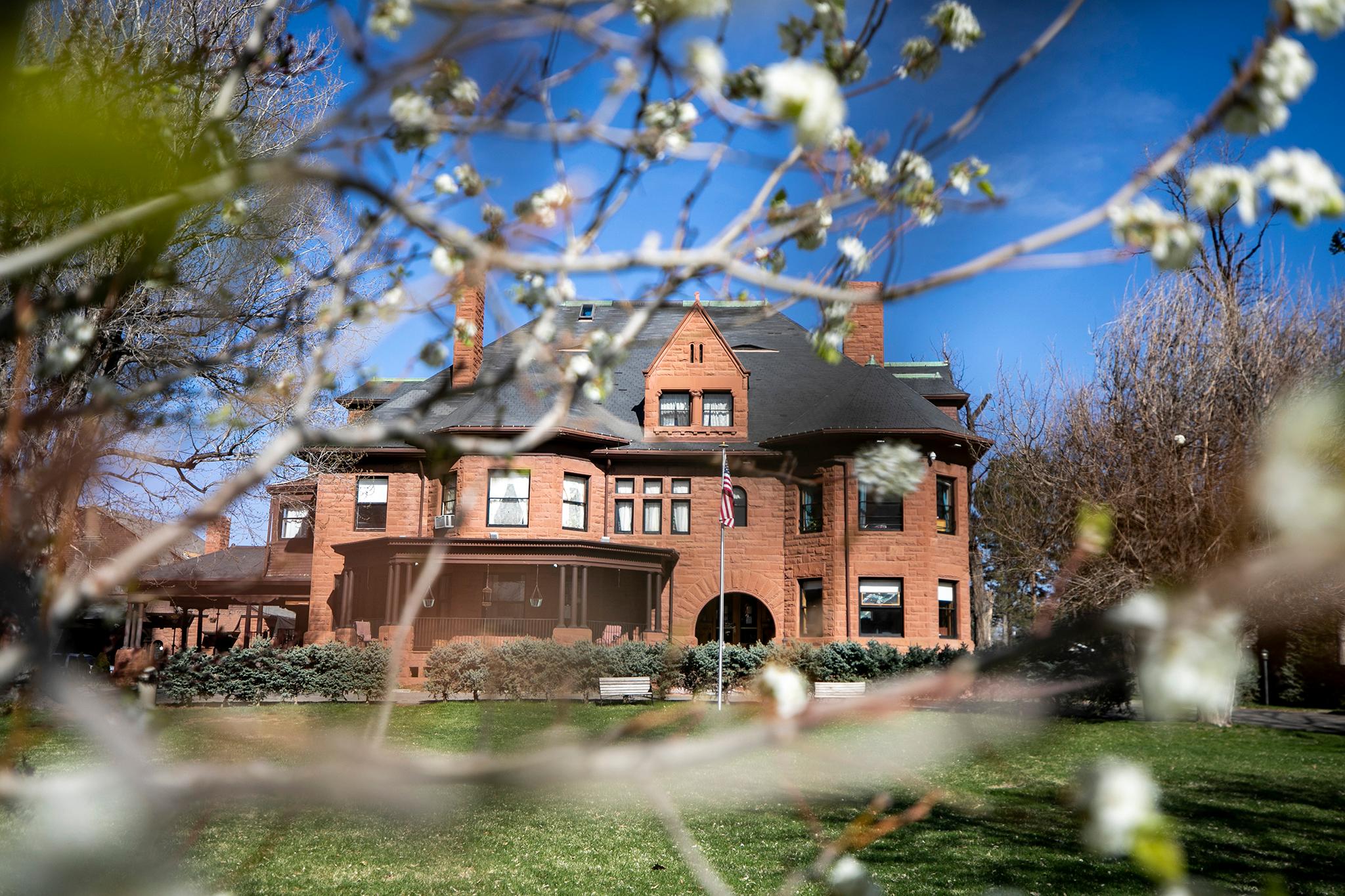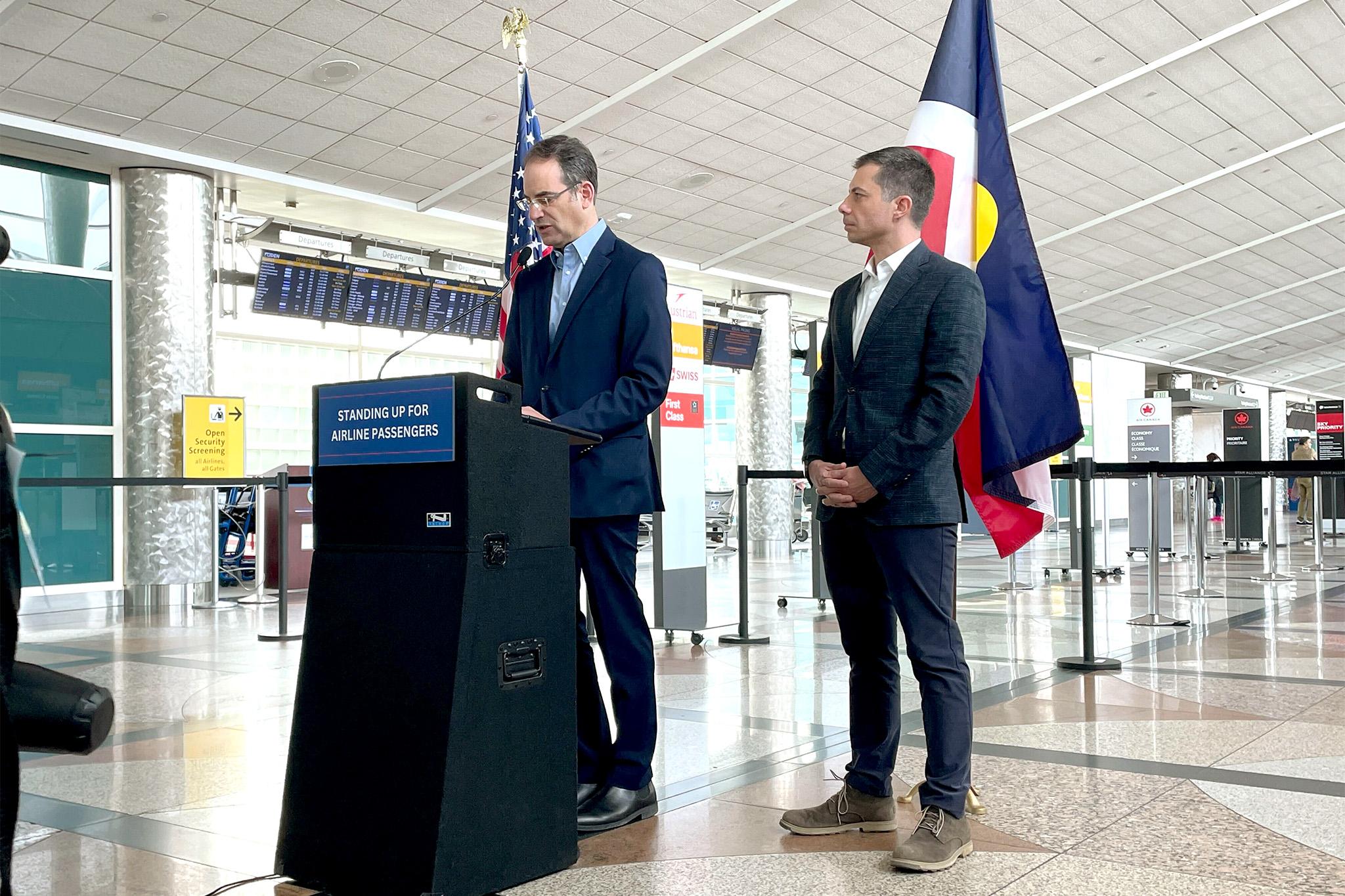We saw some distinctly awful vandalism of a trans woman's car this morning: "FAG DIE," it read in part. "HE SHE." "TRUMP." And then there's a swastika, though the vandal drew it in the opposite direction as the Nazis did.
This was an act of hate. No one who gives a damn about other people would do this to someone. It fits a pattern of unrest and division that we've seen reported across the country and locally -- much of it directed at "others." In 2015, reported hate crimes against Muslims jumped by some 67 percent and those against transgender people rose sharply too.
What can you do if you witness a hate crime or are the victim of one? Read on for our guide to responding to and reporting hate crime and harassment.
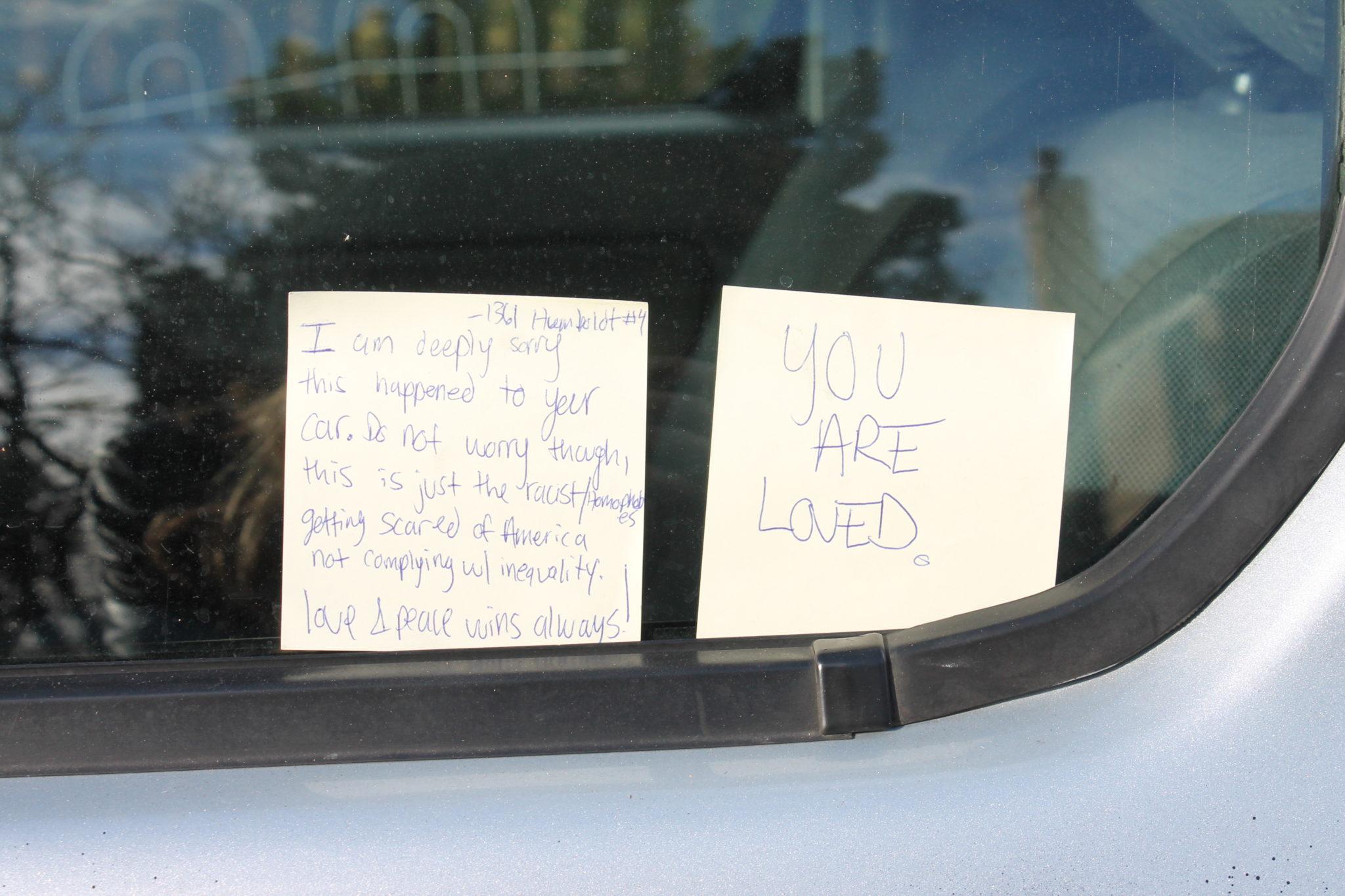
Document what happens:
Whether you're the witness or victim, the American Civil Liberties Union of Colorado suggests making video or audio recordings if it is safe to do so. Get names and contact information for witnesses. Write down your account of what happened and where.
"Photographic evidence is really essential when reporting, and reporting at all is really important," said Sara Grossman, spokesperson for the Matthew Shepard Foundation.
Report the incident:
First, know that Colorado has special laws for "bias-motivated" crimes. The anti-trans vandalism above could meet Colorado's definition of a misdemeanor hate crime.
Threats, violence and harassment can always be reported through 911, which is your best option if you are immediately endangered. The Denver Police Department also has a hotline for hate crimes reporting: 720-913-6458.
The department also has designated Lt. Michael Wyatt as its liaison for LGBTQ people. He can be reached at 303-416-0031.
The city of Denver itself has a liaison for LGBTQ issues too. His name is Anthony Aragon, and his email address is [email protected].
Incidents that happen at public schools also can be reported to Safe2Tell Colorado at 877-542-7233. The anonymous service can get help for people facing bullying and for people who are dealing with crises. You can also make your report at safe2tell.org.
If you're a witness:
Ibrahim Hooper, a spokesman for the Council on American-Islamic Relations, suggests that both victims and witnesses avoid direct confrontation with harassers.
"We don’t recommend that people engage with haters," he said. "We encourage them to get to a safe place and then report as quickly as possible to the authorities."
"Moral support," however, is "definitely encouraged." One widely shared suggestion of late is to simply start a conversation with the person who is being harassed. Ask them if they're okay. Ask them if they need help.
Grossman suggests "talking to the person - standing by and making sure it doesn’t escalate. Really, just use your voice and your privilege as a person who is not being attacked or targeted to help those who are."
After it's over:
Various nonprofits and groups track reports of hate and intimidation.
Anti-Muslim attacks can be submitted to CAIR's database. You can report anti-Semitic incidents to the Anti-Defamation League. The Southern Poverty Law Center tracks hate of all sorts.
What did I miss? Send me your suggestions for additions to this guide: [email protected].

